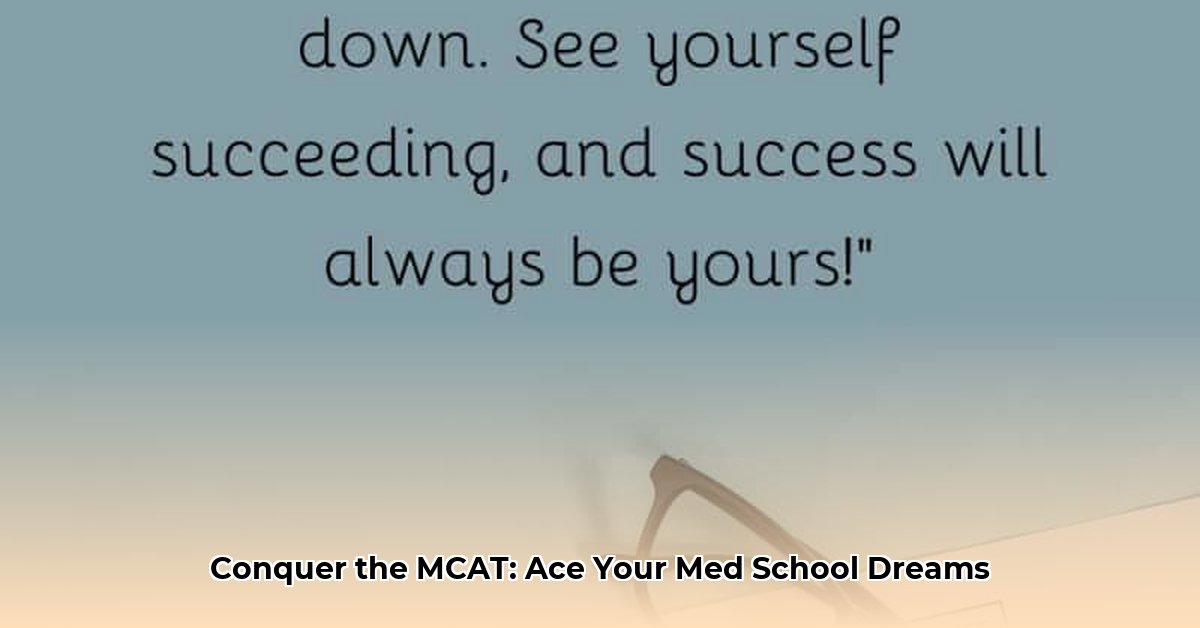MCAT
The MCAT (Medical College Admission Test) is a standardized exam required for admission to medical schools in the US and Canada. It is administered by the Association of American Medical Colleges (AAMC). This clue has appeared in the NYT Mini Crossword on: [Insert Verified Dates Here].
The MCAT: Gateway to Medical School
The MCAT is a crucial step for aspiring physicians. It’s designed to assess the foundational knowledge and critical thinking skills necessary for success in medical school. A strong MCAT score is a significant factor in medical school admissions.
What Does the MCAT Cover?
The MCAT is a computer-based exam lasting approximately 7.5 hours. It comprises four sections:
- Biological and Biochemical Foundations of Living Systems: Tests knowledge of biology, biochemistry, and organic chemistry.
- Chemical and Physical Foundations of Biological Systems: Focuses on general and organic chemistry and physics.
- Psychological, Social, and Biological Foundations of Behavior: Covers psychology, sociology, and biology related to behavior.
- Critical Analysis and Reasoning Skills (CARS): Assesses critical analysis and reasoning abilities.
Each section is scored from 118 to 132, with a total score ranging from 472 to 528.
Why is the MCAT Important?
Medical schools use the MCAT to evaluate an applicant’s readiness for the rigors of medical education. While not the sole determinant, the MCAT score is a strong indicator of academic potential and may even suggest a strong correlation with success on future medical licensing exams like the USMLE.
The AAMC’s Role
The AAMC develops, administers, and scores the MCAT. They are the primary resource for all MCAT-related information, offering official preparation materials and guidance.
Preparing for the MCAT: Strategies and Resources
Preparing for the MCAT requires a personalized and strategic approach.
Crafting Your Study Plan
- Assess Your Learning Style: Understand your strengths and weaknesses to tailor your study approach.
- Create a Schedule: Break down the content into manageable chunks and establish a consistent study routine.
Utilizing Resources
- AAMC Resources: Leverage the AAMC’s official prep materials, including practice exams and question banks.
- Free and Paid Resources: Explore free options like Khan Academy and consider paid resources like Kaplan or Princeton Review for structured courses and personalized feedback.
Study Techniques
- Content Review: Focus on understanding the core concepts rather than rote memorization.
- Practice Testing: Regularly assess your progress with practice tests to identify areas for improvement.
- Flexibility: Adapt your study plan as needed based on your performance and changing needs.
Beyond the MCAT: Broader Implications
The MCAT represents more than just an exam. It’s an important step towards a career in medicine and carries significant weight in the application process. The ongoing research and evolution of the MCAT reflect the medical profession’s commitment to identifying and developing competent and compassionate physicians. The test’s emphasis on science and critical thinking is undeniable, but some experts suggest there is continued debate about its ability to thoroughly gauge a candidate’s aptitude for empathy, communication, and ethical decision-making—qualities essential for effective patient care. Future iterations of the MCAT may incorporate broader assessments of these essential characteristics.
The MCAT in Context: A Look at the Future
The MCAT is a continuously evolving assessment. The AAMC actively reviews and updates the exam’s content and structure to align with the ever-changing landscape of medical education and practice. There is ongoing research exploring how to optimize the exam to best predict future success in medical school and beyond. This means that the MCAT of tomorrow might look different than the MCAT of today, potentially incorporating assessments of a wider range of skills and attributes deemed crucial for the next generation of physicians. These include areas like interpersonal skills, cultural competency, resilience, and adaptability. While some experts suggest the MCAT is a valuable tool, its relevance in capturing the complete picture of a successful physician is still being studied, and the future may hold further advancements in how pre-med students’ abilities are assessed.
- Cool Apps for Android Tablet for Creativity, Fun, and Productivity - February 13, 2026
- Must-Have Great Apps for Tablets to Get More Done - February 12, 2026
- Best Android Apps to Buy That Are Worth the Money - February 11, 2026










